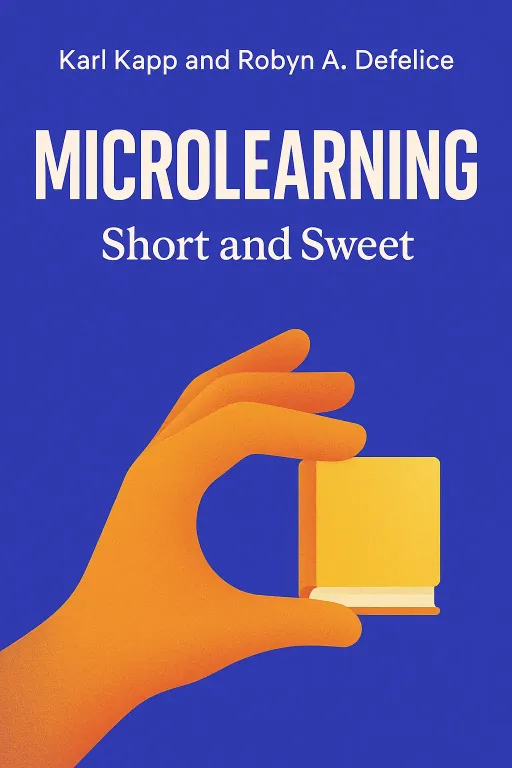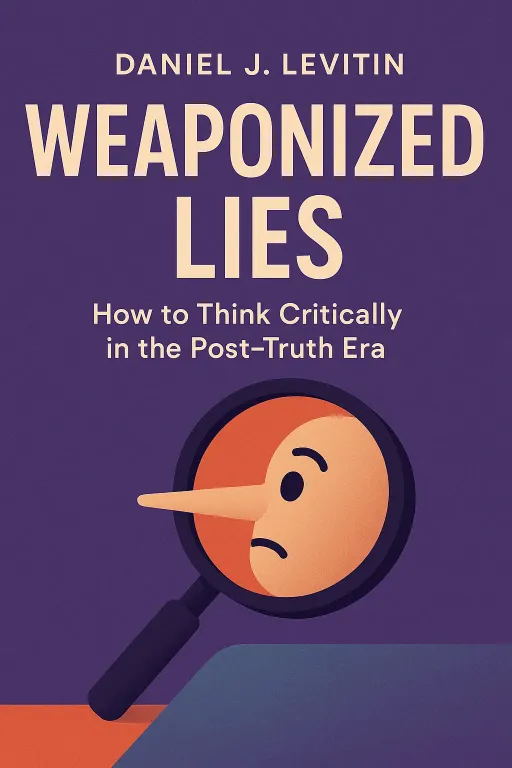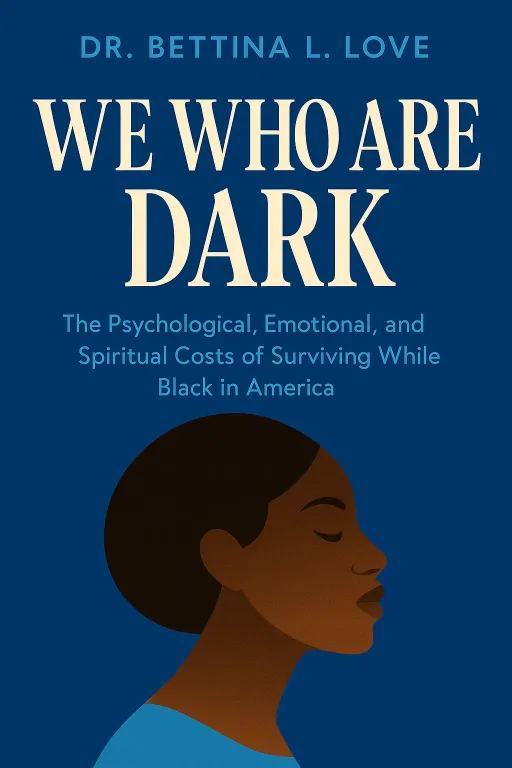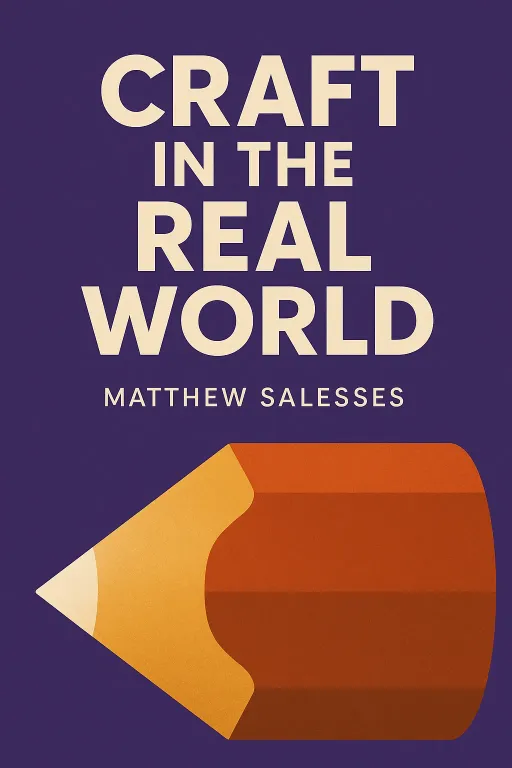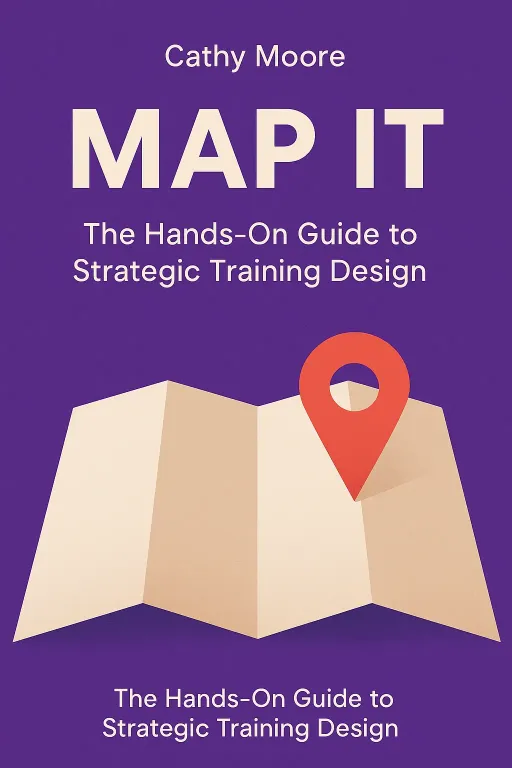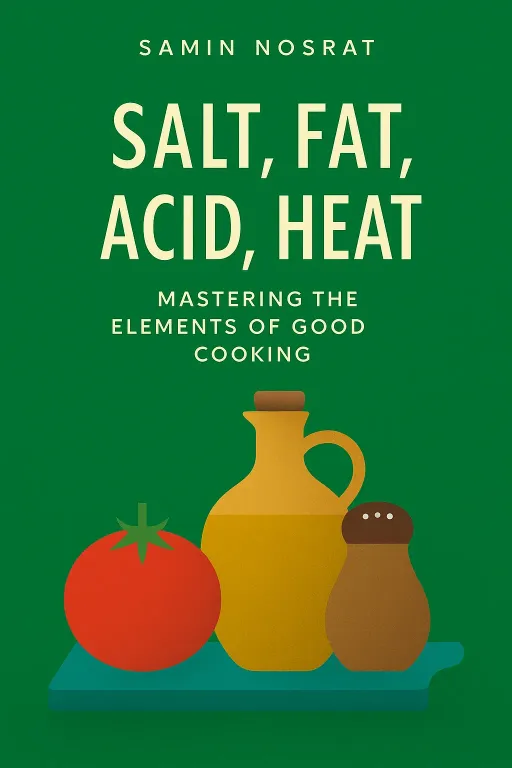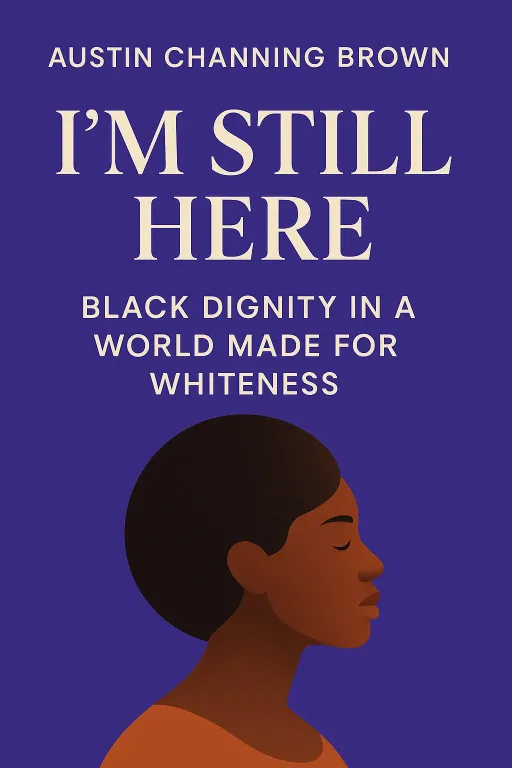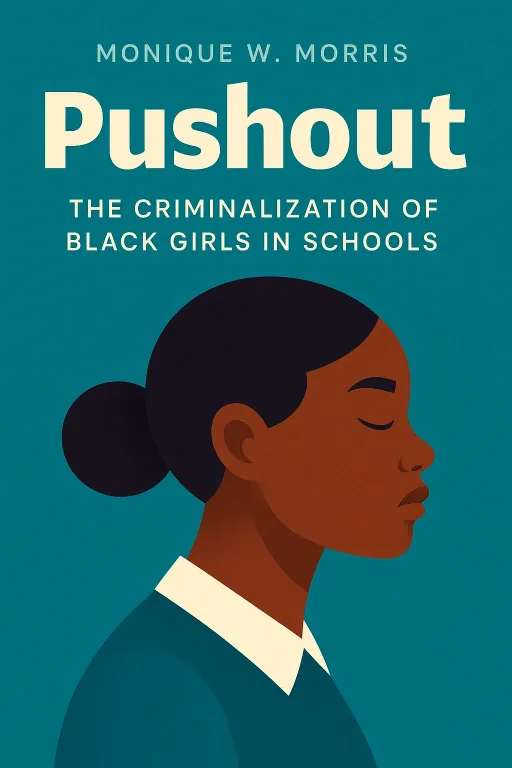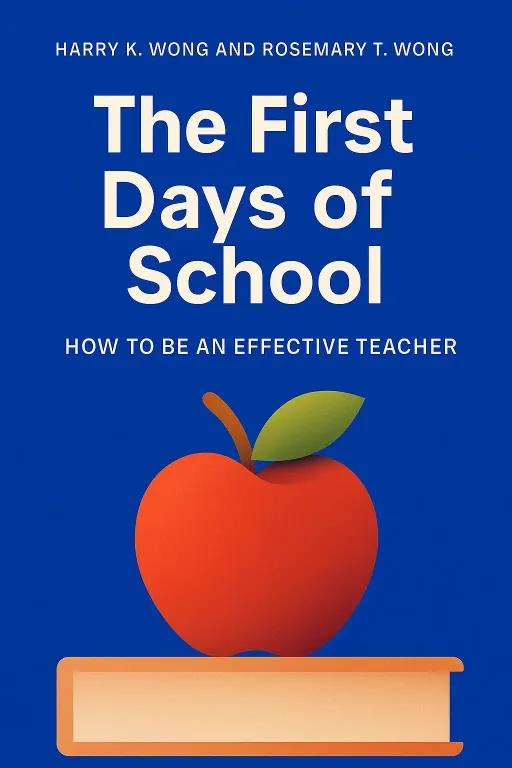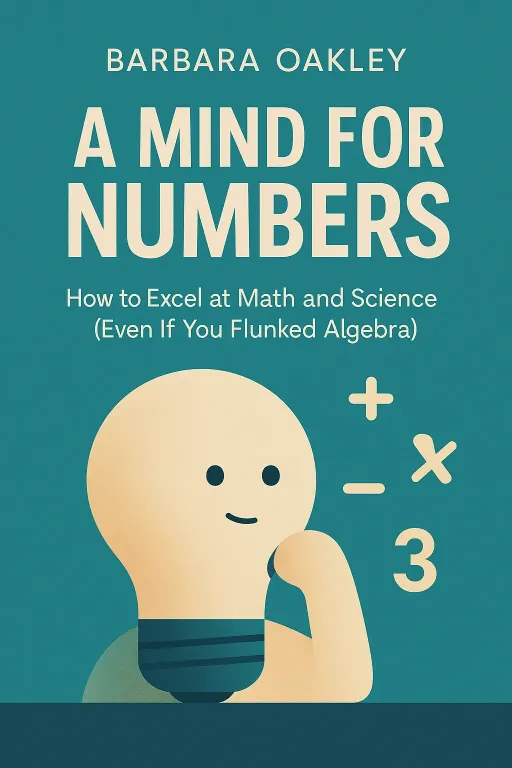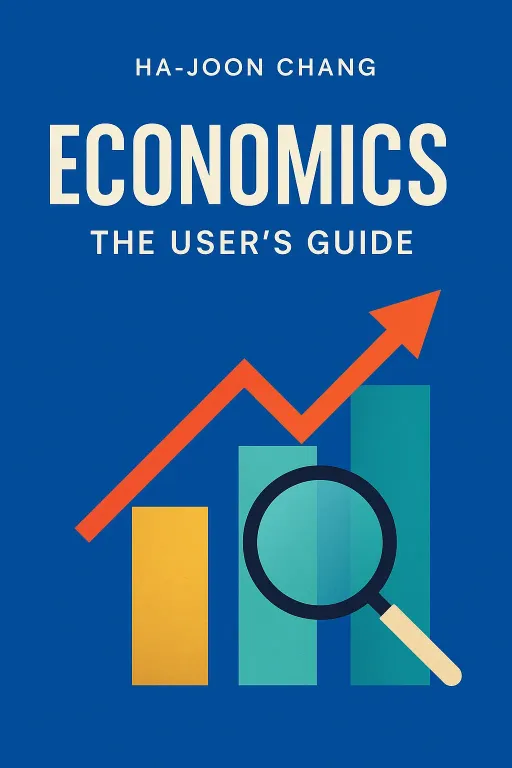
Economics
11 minThe User's Guide
Introduction
Narrator: In a stuffy office in the Soviet Union, a panel interviews candidates for the job of chief statistician. They ask each one a simple question: "What is two plus two, comrade?" The first candidate, eager to show revolutionary zeal, answers "Five!" He is dismissed for inaccuracy. The second, a pessimist, answers "Three." He is arrested for counter-revolutionary propaganda. The third, a by-the-book academic, answers "Four." He is lectured on the limits of bourgeois science. Finally, the fourth candidate steps forward. When asked the question, he leans in and whispers, "How many do you want it to be?" He gets the job.
This old joke, while humorous, cuts to the heart of a profound argument made in Ha-Joon Chang's Economics: The User's Guide. Chang contends that economics is far from the objective science it pretends to be. Instead, it is a deeply political and moral battleground of ideas, where numbers can be bent to serve agendas and dominant theories often obscure more than they reveal. The book serves as an essential tool for any citizen who wants to pull back the curtain, understand the real-world forces shaping their lives, and reclaim their right to participate in economic debate.
Economics Is Not a Science, It's a Political Argument
Key Insight 1
Narrator: The most fundamental message Chang delivers is that economics is not like physics or chemistry. There is no single, correct answer. Instead, there are at least nine major schools of thought, from Classical and Neoclassical to Marxist and Keynesian, each with its own unique lens for viewing the world, its own values, and its own political implications. The currently dominant Neoclassical school, which presents itself as the only legitimate way to "do" economics, is built on the idea of rational, selfish individuals interacting in a self-regulating market.
However, this is just one story among many. Chang argues that every economic statement, no matter how technical, contains a value judgment. For example, the decision to exclude unpaid household work, which is disproportionately done by women, from GDP calculations is a political choice, not a scientific necessity. It devalues a huge swath of productive activity. Similarly, the Pareto criterion, a principle stating that a change is only good if it harms no one, sounds fair but is inherently conservative. It gives a veto to those who benefit from the status quo, making it nearly impossible to enact reforms that might, for instance, tax the rich to help the poor. Therefore, Chang insists that the first question to ask of any economic argument is "Cui bono?" or "Who benefits?"
Capitalism Has Radically Transformed, and So Must Our Theories
Key Insight 2
Narrator: To understand today's economy, one must appreciate how profoundly capitalism has changed. Chang illustrates this by contrasting the world of Adam Smith with our own, using the journey from a physical pin to a digital PIN. In his 1776 masterpiece The Wealth of Nations, Smith famously described a pin factory where ten workers, by specializing in distinct tasks, could produce 48,000 pins a day. This division of labor was a revolutionary source of productivity. The capitalists who owned these factories were individuals, directly managing their operations with their own money, bearing unlimited liability if the business failed.
Today, the world is unrecognizable. The dominant economic actors are no longer individual entrepreneurs but vast, limited liability corporations owned by millions of anonymous shareholders and run by professional managers. This separation of ownership and control was something Smith himself distrusted, fearing managers would be careless with "other people's money." Markets have transformed from local and competitive to global and dominated by mega-corporations like McDonald's, which operates in over 120 countries. The financial system has evolved from a simple network of banks into a dizzyingly complex global casino of stocks, bonds, and derivatives. Economic theories designed for Smith's world cannot be applied to our own without a deep understanding of this historical evolution.
The Myth of the Free Market Was Built on Protectionism
Key Insight 3
Narrator: A core myth of modern capitalism is that it was built on free trade and minimal government. Chang systematically dismantles this narrative, showing that nearly every successful economy, including Britain and the United States, used aggressive government intervention and protectionism to develop. Britain, for example, became a global power not by practicing the free trade it later preached to others, but by protecting its woollen textile industry from superior European competitors for centuries.
The United States was, for most of the 19th and early 20th centuries, the most protectionist country in the world. Following the advice of its first Treasury Secretary, Alexander Hamilton, it used high tariffs to shield its "infant industries" from British competition, allowing them to grow strong. The dark side of this history is also exposed. When Britain did champion free trade, it often imposed it by force. In the 19th century, Britain's policy of forced free trade on India destroyed its once-thriving cotton textile industry. As the British governor-general reported in 1835, "the bones of the cotton weavers are bleaching the plains of India." This history reveals that the relationship between the state, trade, and economic success is far more complex than free-market ideology admits.
The Economy Is Driven by Organizations, Not Lone Individuals
Key Insight 4
Narrator: Mainstream economics is built upon the "individualist vision," which sees the economy as a collection of rational, self-interested individuals. Chang argues this view is fundamentally flawed. In reality, the most important economic actors are not individuals but large, complex organizations. Corporations, not people, are responsible for the vast majority of production and employment. Their decisions are not the result of a single rational mind but a messy interplay between shareholders, managers, workers, and even governments.
Furthermore, individuals themselves are not the simple, rational calculators of economic theory. They are products of their society, their preferences shaped by advertising, social convention, and class. In a memorable scene from the British sci-fi comedy Red Dwarf, the working-class character Lister feels immense guilt for visiting a wine bar, as if he had betrayed his social identity. This illustrates how deeply our choices are embedded in our social context. By ignoring the power of organizations and the social nature of individuals, the individualist vision provides a poor and misleading map of the economic world.
Production, Not Just Exchange, Is the Engine of Development
Key Insight 5
Narrator: Modern economics often focuses on exchange and consumption, treating the actual process of production as a "black box." Chang argues this is a grave mistake. The true foundation of long-term prosperity is not just economic growth, but economic development—the enhancement of an economy's productive capabilities.
He illustrates this with the stark contrast between Equatorial Guinea and the 19th-century United States. In 1996, the discovery of oil made Equatorial Guinea the richest country in Africa on paper. However, this was growth without development. The country never built the ability to do anything else, leaving it vulnerable and undeveloped in every other respect. In contrast, the 19th-century US also had vast natural resources, but it actively developed the technological and organizational capabilities to exploit them, which became the foundation of its industrial might. This focus on building the capacity to produce complex goods and services, especially in the manufacturing sector, is what separates truly developed nations from those that are merely rich in resources.
Finance Is a Double-Edged Sword That Must Be Tightly Controlled
Key Insight 6
Narrator: Finance is often presented as the sophisticated brain of the economy, but Chang reveals its inherent fragility and danger. At its core, banking is a confidence trick. As hilariously depicted in the film Mary Poppins, a bank run can be triggered by a child demanding his tuppence back. The bank promises all depositors their money on demand, but only keeps a fraction of it in cash. The system only works as long as everyone believes it will.
In recent decades, this inherently unstable system has been supercharged with deregulation and a host of complex, opaque financial products. Instruments like Collateralized Debt Obligations (CDOs) and Credit Default Swaps (CDSs) were sold as tools for eliminating risk. But as the 2008 crisis showed, they merely hid the risk until it exploded. AIG, a massive insurance company, sold so many CDSs that its chief financial officer boasted he couldn't imagine a scenario where they would lose "one dollar." Six months later, the company collapsed and required a $182 billion government bailout. Chang argues that because finance is so powerful and prone to creating systemic crises, it must be simplified and strictly regulated, much like nuclear power or dangerous chemicals.
Conclusion
Narrator: The single most important takeaway from Economics: The User's Guide is that economics is too important to be left to economists. The deliberate mystification of the subject, with its jargon and claims of scientific objectivity, has disempowered citizens and allowed a narrow set of interests to dominate the global economy. Chang's work is a powerful antidote, arming the reader not with definitive answers, but with the right questions.
By understanding that there are many ways to view the economy, that history matters, and that all economic arguments are political, we can begin to challenge the experts and hold them accountable. The ultimate challenge the book leaves us with is to become active economic citizens. Will you continue to accept the world as it is presented by a single, dominant theory, or will you embrace the messy, complex, and vital task of using a full range of economic tools to help build a more just and prosperous world for everyone?
